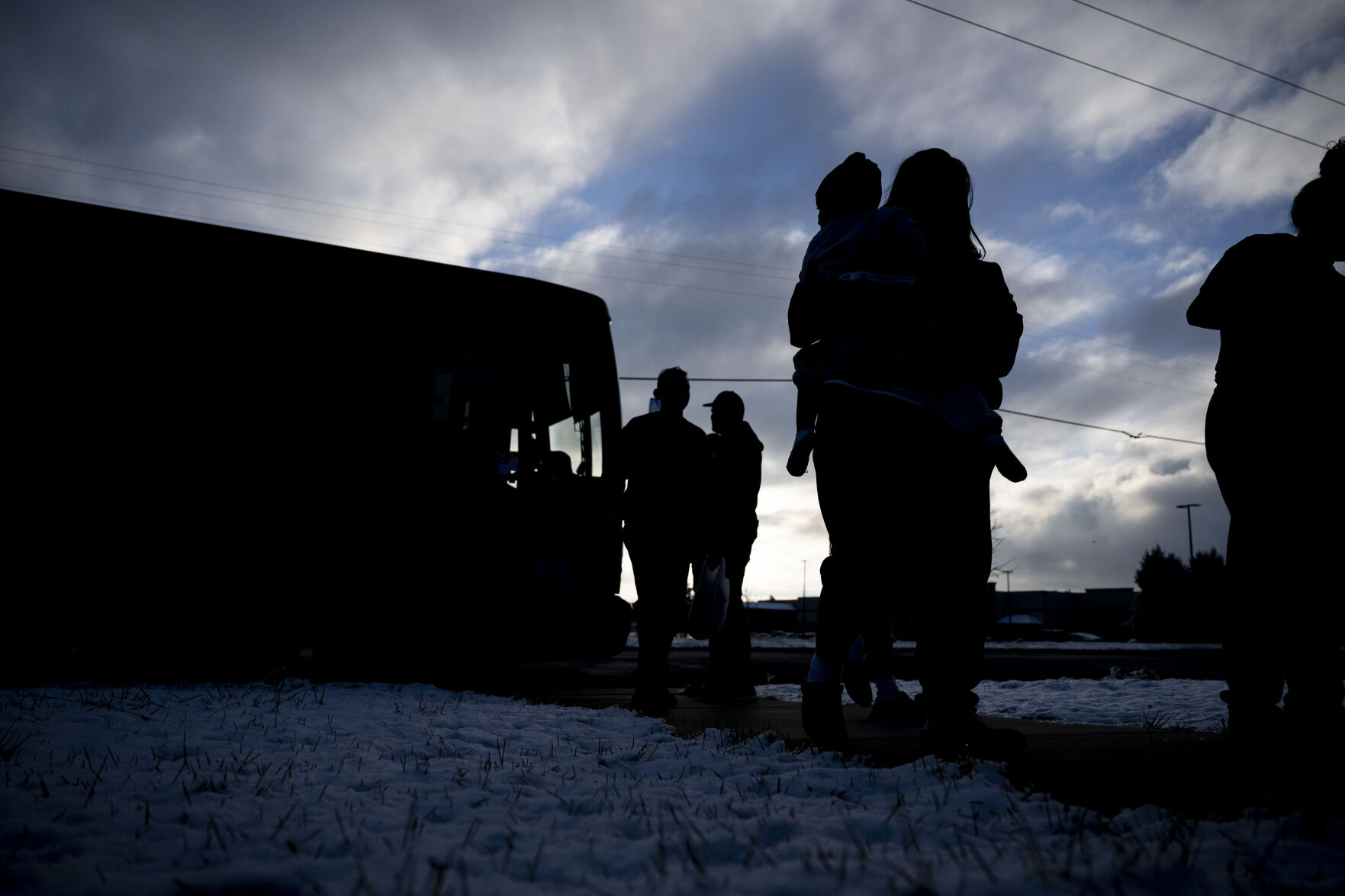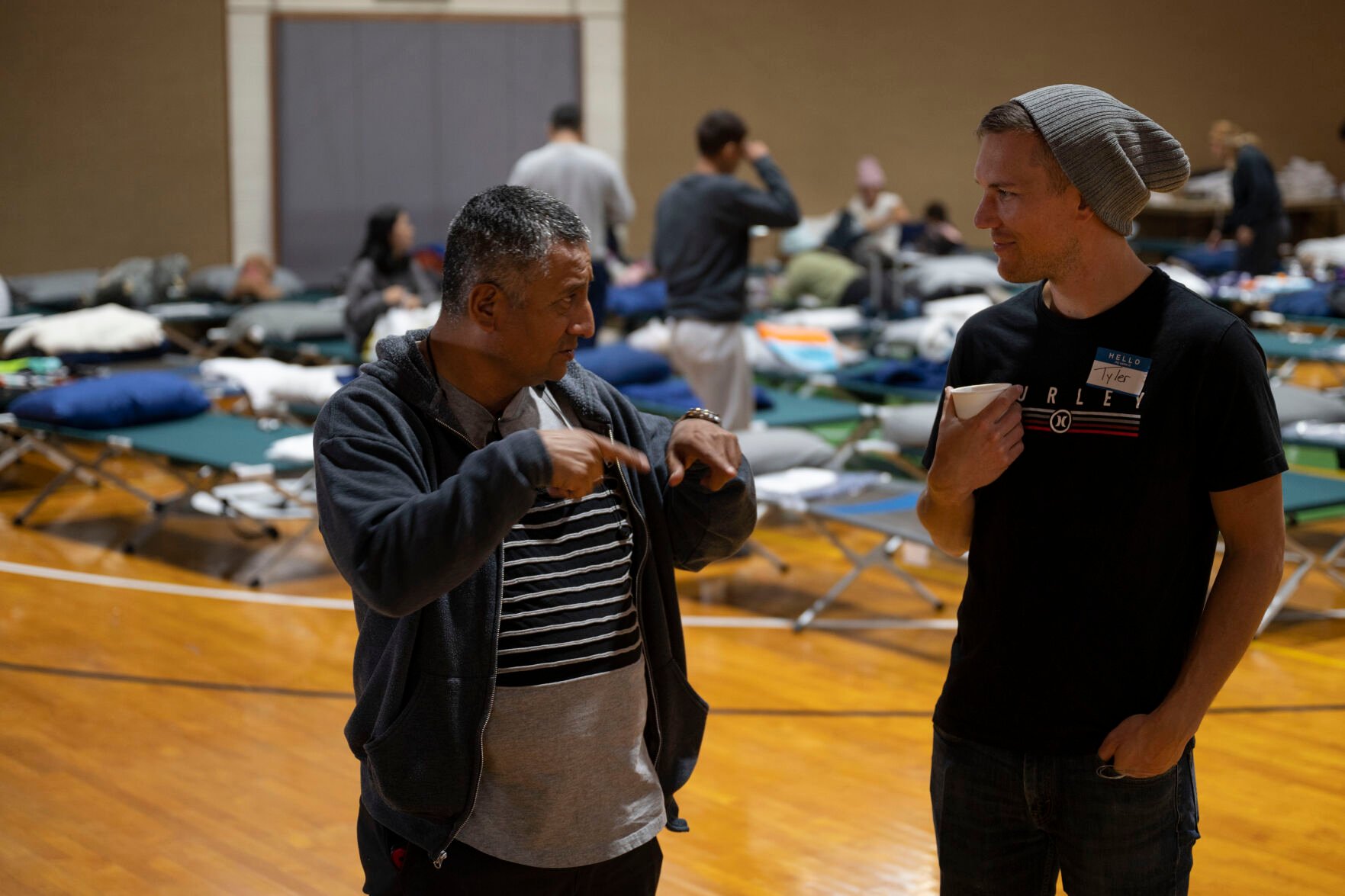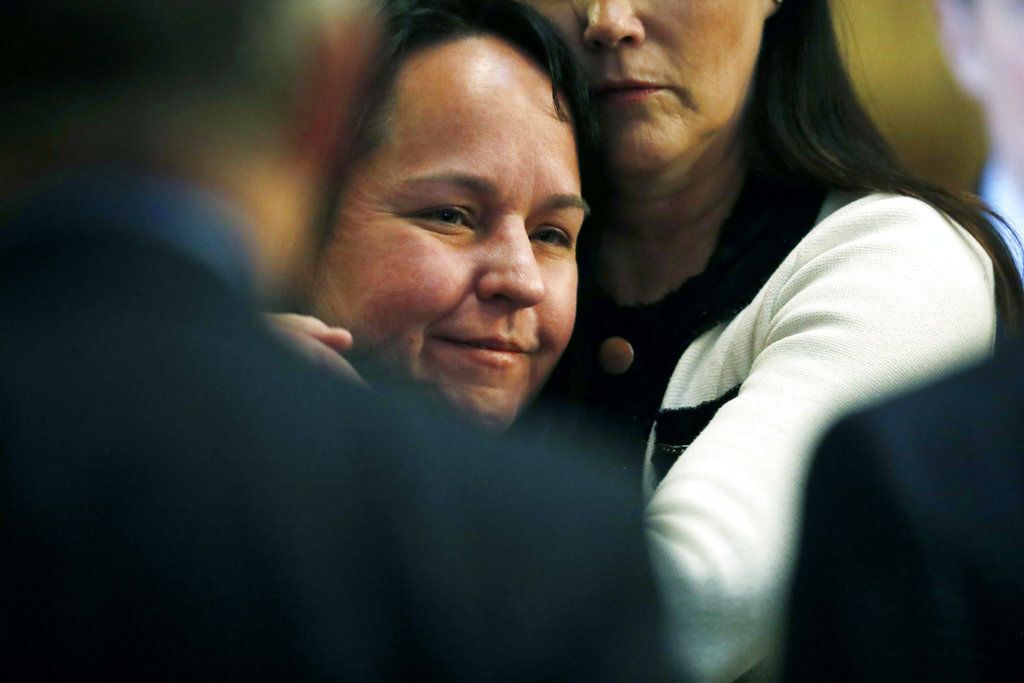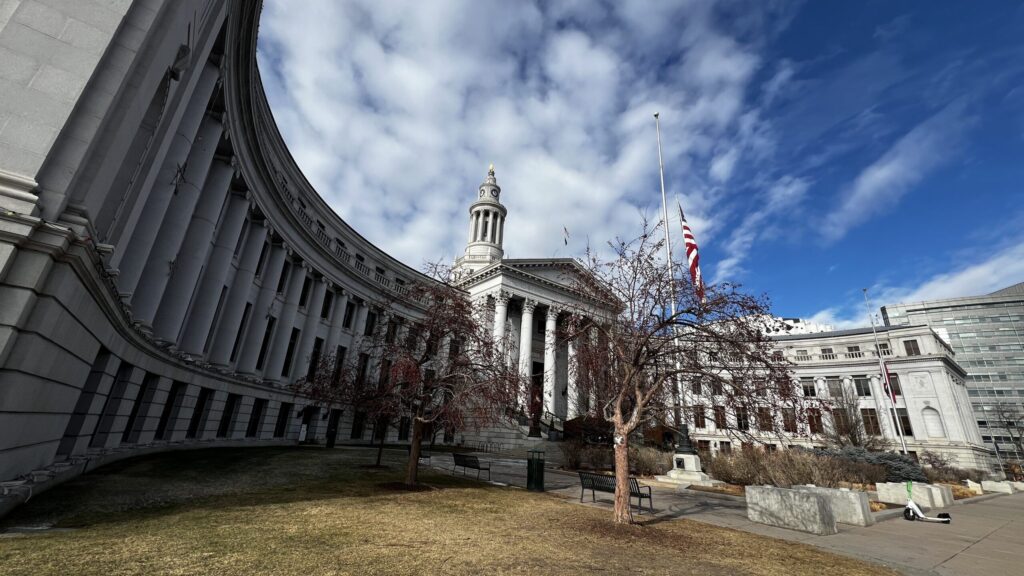Is Colorado a ‘sanctuary’ state?
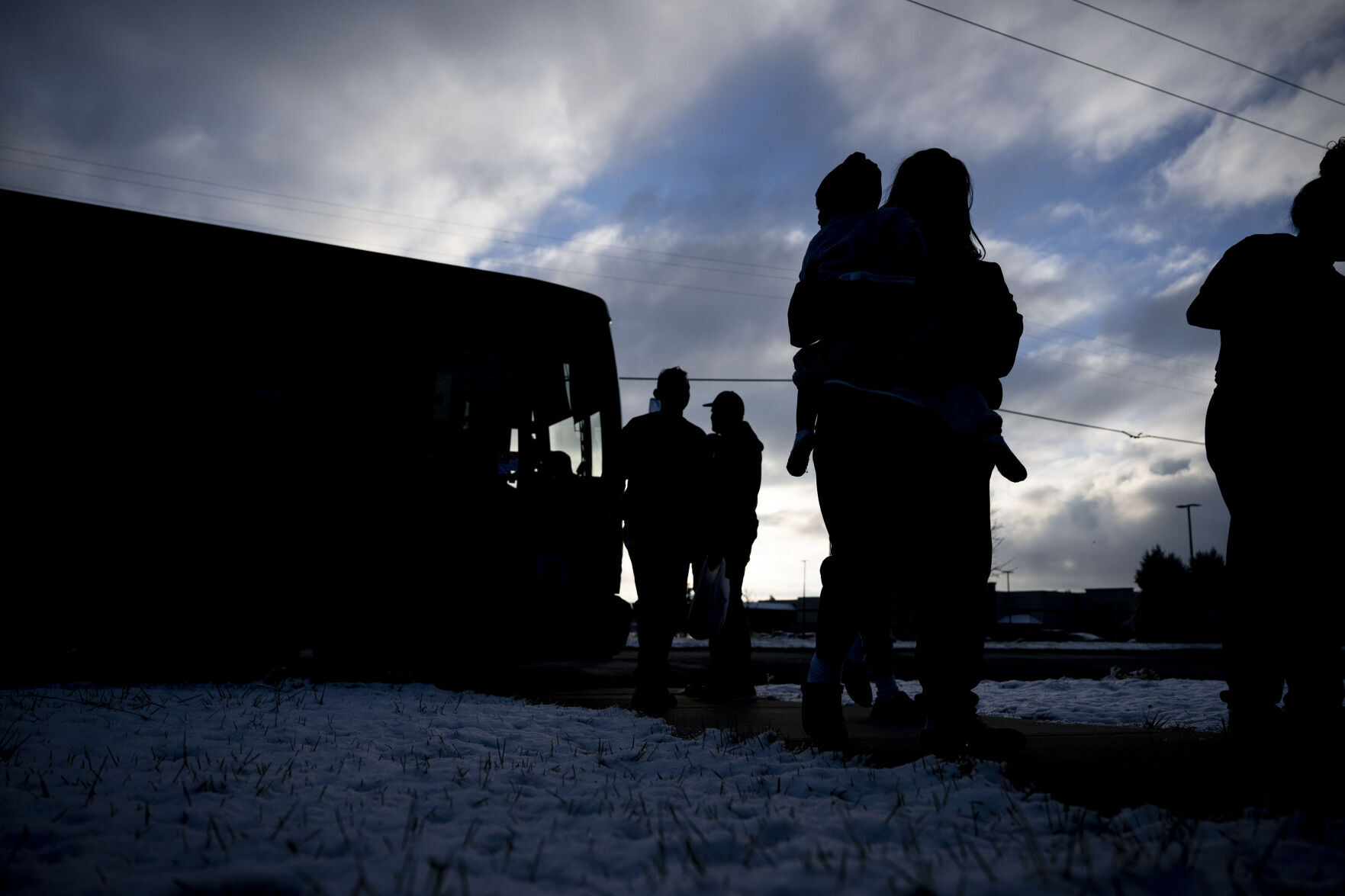
The Governor’s Office this month outright rejected the label “sanctuary state” for Colorado.
“Colorado is not and has never been a sanctuary state and the governor is not focused on buzzwords but on ensuring our law enforcement resources go toward fighting actual crimes to help make Coloradans safer,” a spokesperson for Gov. Jared Polis told Colorado Politics.
So, is Colorado a sanctuary state or not?
Several groups, in fact, identify Colorado as a “sanctuary” state.
The Lutheran Immigration and Refugee Service listed Colorado among 11 “sanctuary” states. Also on its list are California, New Mexico and New York.
The Center for Immigration Studies also included Colorado in its map of “sanctuary” jurisdictions. Under Colorado, the group listed 14 areas as also sanctuary places, notably the city of Denver and Boulder County.
And the state adopted a 2019 law whose provisions fall under the broad outlines of what constitutes a “sanctuary” state.
No legal definition of a “sanctuary” city or state exists, but, broadly speaking, it refers to a community that expressly refuses to cooperate with federal authorities on enforcing immigration laws.
In May 2019, Polis signed into law a bill that prohibits in specific instances cooperation with federal authorities on enforcing immigration laws.
Specifically, the 2019 law – sponsored by Reps. Adrienne Benavidez and Susan Lontine, and Sens. Mike Foote and Julie Gonzales – expressly forbids a law enforcement officer from arresting or detaining an individual based upon a “detainer request.”
The law also prohibits a probation officer from providing information about an individual to federal immigration authorities.
An immigration “detainer” is a notice issued to federal, state and local law enforcement agencies informing the latter that ICE intends to assume custody of an individual who is no longer subject to the former’s detention.
ICE said a detainer serves several functions, including requesting information from a local enforcement agency about a person’s impending release and asking the local enforcement agency to maintain custody of the person for a period not to exceed 48 hours – excluding Saturdays, Sundays, and holidays – to provide ICE time to assume custody.
The 2019 law outlined the rationale for rejecting cooperation with federal authorities.
Under its legislative declaration, the law cited the 10th Amendment, which defines the powers of the the federal government vis-a-vis the states, and argued that the federal government does not have the authority to command states to administer a federal program.
The law also said any requirement that public safety agencies play a role in enforcing civil federal immigration laws can “undermine public trust” and added that Coloradans possess constitutional rights to due process.
The law said detention under an immigration detainer constitutes a “new arrest under state law and a seizure under Fourth Amendment of the United States Constitution.”
The law also said immigration detainers are not warrants under Colorado law.
“The continued detention of an inmate at the request of federal immigration authorities beyond when he or she would otherwise be released constitutes a warrantless arrest, which is unconstitutional,” the law says.
The law, however, does not preclude law enforcement officers from cooperating or assisting federal immigration authorities in executing a warrant issued by a federal judge.
It also does not preclude law enforcement officers from investigating, enforcing criminal laws or participating in coordinated actions with federal law authorities in enforcing local, state or federal laws.
Finally, if a law enforcement officer coordinates a telephone or video interview between federal immigration authorities and an individual in jail, the latter must be advised that federal immigration authorities are the ones seeking the interview, that the individual can decline the interview and the person also has the right to speak to an attorney before agreeing to be interviewed.
Jurisdictions have both embraced and repudiated the term “sanctuary” city or state to refer to them.
Denver Mayor Michael Hancock has said Denver is not a sanctuary city, but the Denver City Council in 2017 passed an ordinance that prohibits “city employees from collecting information on immigration or citizenship status; prohibits the sharing of any other information about individuals for purposes of immigration enforcement; and, memorializes predominant practices by prohibiting use of city resources or City cooperation with civil immigration enforcement.”
Boulder voted to declare itself a sanctuary city, while Aurora has voted to reject such a label.
Though Polis says Colorado is not a sanctuary state, Colorado’s 2019 law shares some distinct similarities with the City and County of San Francisco, which does describe itself as a sanctuary city.
“Since 1989, San Francisco has proudly been a Sanctuary City,” the California mayor’s office declares on its website. “We will stand shoulder-to-shoulder with our immigrant communities and fight for the progress we’ve achieved in this City. We are a sanctuary city, now, tomorrow and forever.”
San Francisco adopted ordinances through the decades, notably the 1989 “City and County of Refuge” ordinance, which prohibits city employees from using the city’s resources to assist federal authorities, specifically the Immigration and Customs Enforcement, in enforcing federal immigration law – unless that assistance is required by federal or state law.
In 2013, the city passed the “Due Process for All” ordinance, which limits when law enforcement officers can give ICE advance notice of a person’s release from a local jail. The ordinance also prohibits cooperation over ICE detainer requests or “ICE holds.”
The city amended the ordinances in 2016. Currently, the city prohibits employees from using city resources to assist or cooperate with any ICE investigation, detention, or arrest when it comes to alleged violations of the civil provisions of federal immigration laws. City workers may also not ask about people’s immigration status on any application for benefits or services, except when required by federal or state law or regulation, or by court decision.
Colorado lawmakers similarly expanded the state’s criminal extortion law to include a prohibition on threatening to report someone to immigration officials to take advantage of them. Colorado lawmakers in recent years also have passed laws allowing immigrants who are in the state illegally to receive in-state tuition, get access to financial aid and obtain driver’s licenses and state ID cards.
By contrast, Arizona passed a law in 2010 that, by all accounts, served as the antithesis of a “sanctuary” city or state.
Arizona’s Senate Bill 1070, prohibited any local government or political subdivision from adopting a policy that limited or restricted enforcement of federal immigration laws “to less than the full extent permitted by federal law.”
The law required law enforcement officers to determine during “any lawful contact” – which applies to routine stops – the immigration status of a person if a “reasonable suspicion exists” the latter is in the country unlawfully.
Also, under the law, if a person who is unlawfully staying in the U.S. is convicted of violating a state or local law, upon discharge from jail, that person must be immediately transferred to federal immigration authorities.
The law also said local governments may not be prohibited from receiving or maintaining immigration data for the purpose of determining eligibility for public benefits, services or licenses; verifying residency; or confirming identity.
Also, the law created the crime of trespassing if a person is in the country illegally.
The U.S. Supreme Court struck down most of the law’s provisions, except the requirement that police inquire about people’s immigrations status during routine stops.
